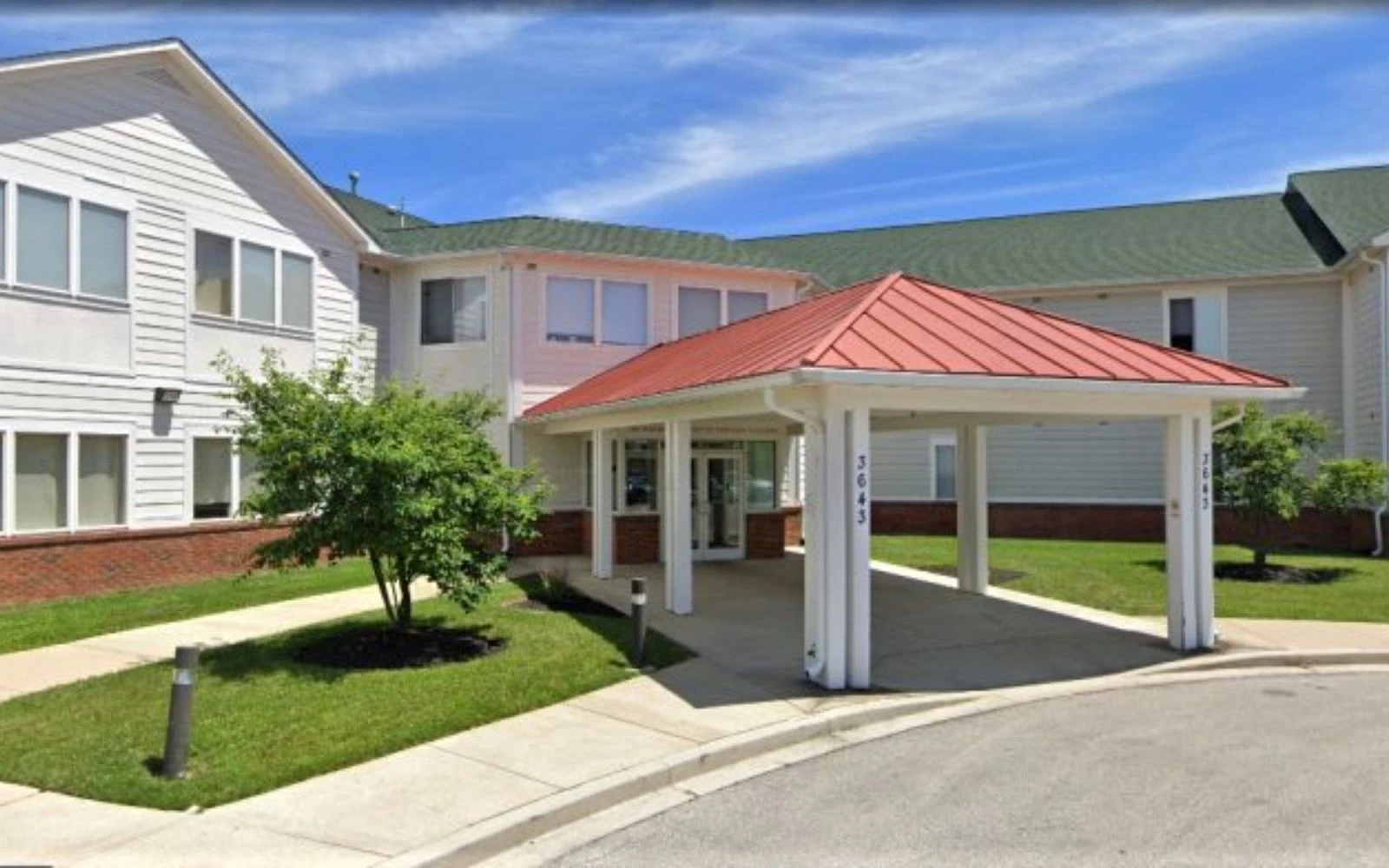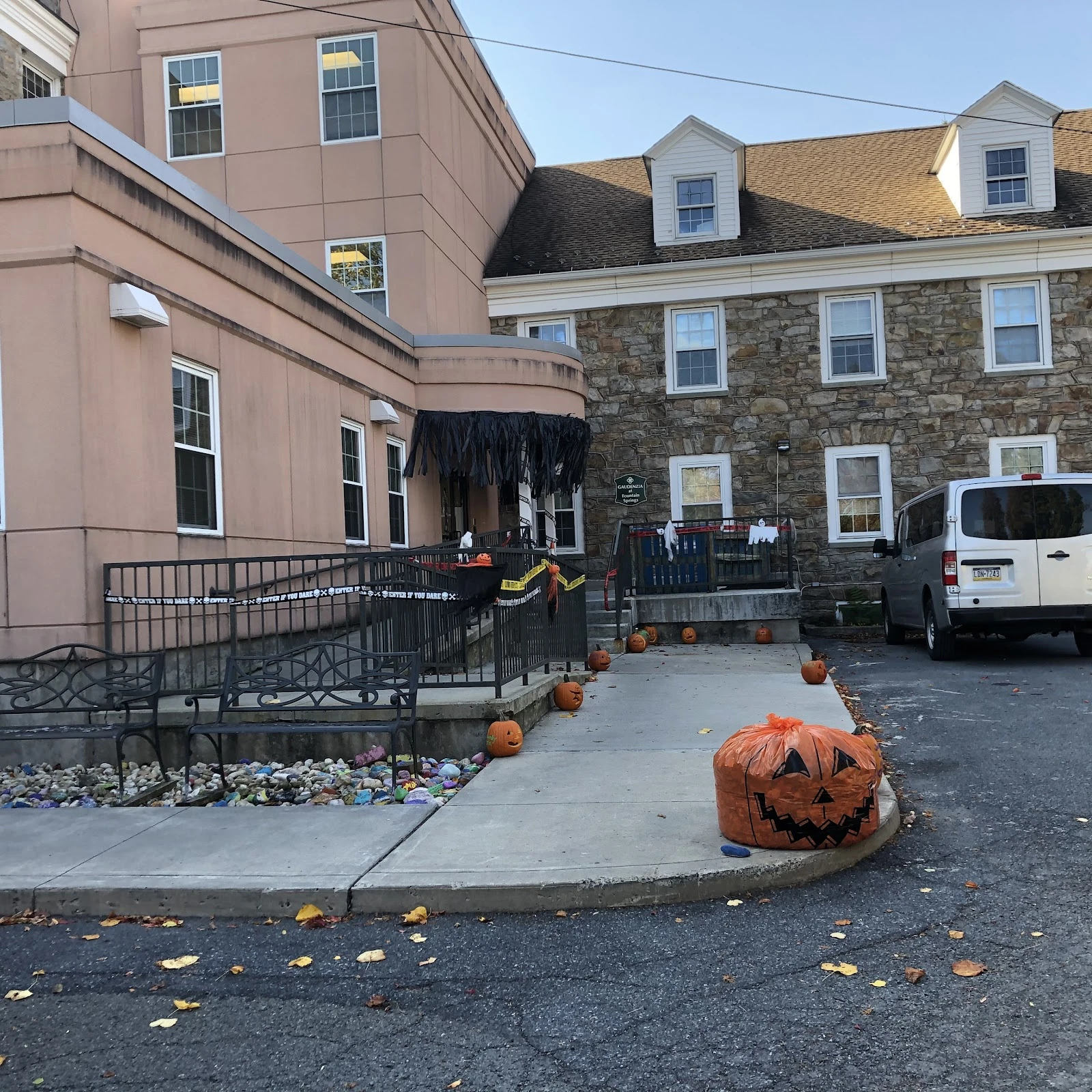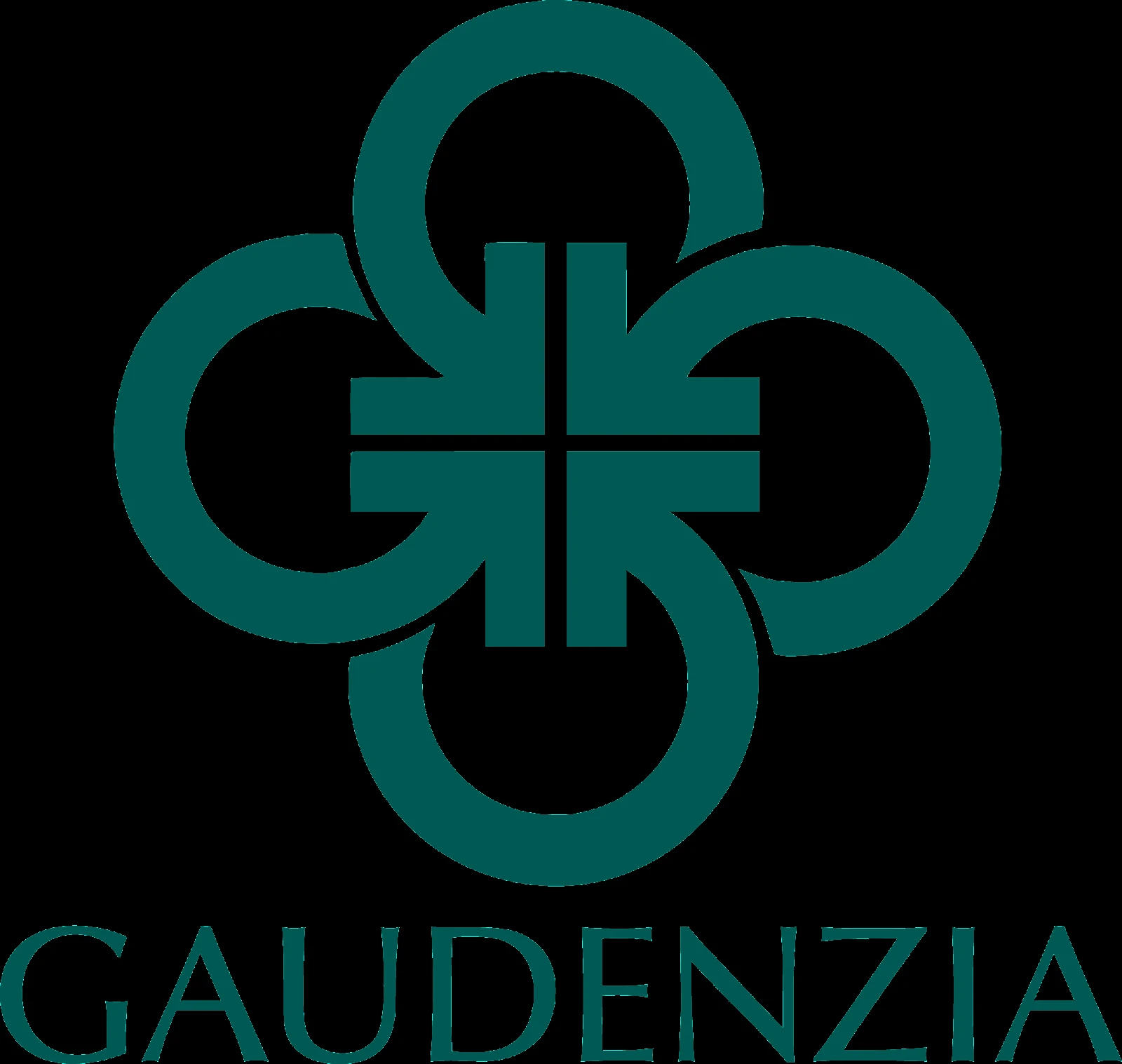Gaudenzia - Chambers Hill Adolescent Program Information
Treatment
Who We Treat
- Male and Female
Approaches
- Medical
- Evidence-Based
- Individual Treatment
Conditions We Treat
- Anxiety
- Bipolar
- Depression
- Post Traumatic Stress Disorder (PTSD)
- Stress
- Trauma
Substances We Treat
- Alcohol
- Heroin
- Opioids
- Prescription Drugs
- Methamphetamine
Languages
- English
Level of Care
- Detox
- Residential Rehab
- Co-Occurring Mental Health
Accreditations
-
Commission on Accreditation of Rehabilitation Facilities (CARF)
Established in 1966, the non-profit organization known as the Commission on Accreditation of Rehabilitation Facilities (CARF) has a dedicated focus on accrediting rehabilitation organizations. CARF's primary mission is to assist service providers, particularly rehabilitation facilities, in upholding and promoting the highest standards of care.

Additional Locations
Find the best treatment options. Call our free and confidential helpline today!







